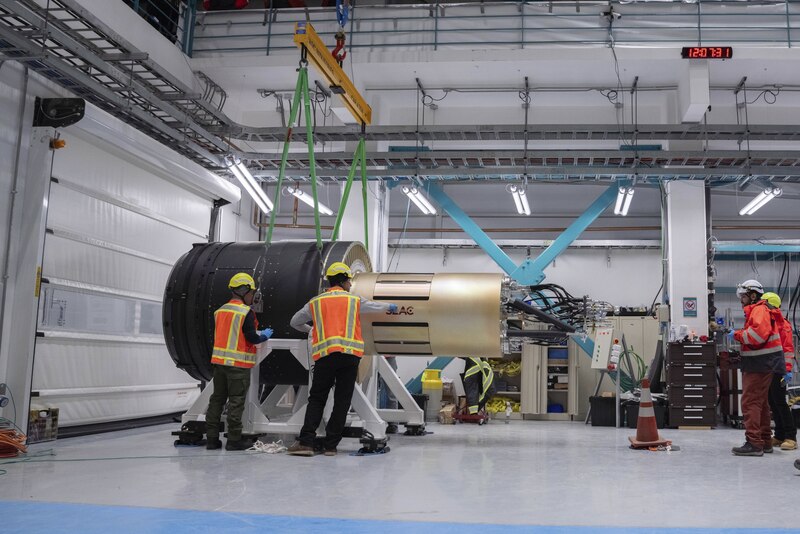Understanding Ocean Warming's Impact on Tropical Cyclone Projections

A recent review published in the *Advances in Atmospheric Sciences* has illuminated a critical aspect of climate science: the influence of tropical ocean warming patterns on tropical cyclone (TC) behavior in a warming world. This international study, led by Dr. Yuqing Wang, a professor at the University of Hawaii at Manoa, synthesizes decades of observational data and advances in climate modeling to enhance the accuracy of TC projections.
Tropical cyclones, known for their devastating economic and human toll, present significant challenges in climate forecasting. The review highlights discrepancies between observed sea surface temperature (SST) patterns and those predicted by current climate models. Since the 1950s, observations indicate a La Niña-like warming pattern, characterized by cooling or weaker warming in the eastern tropical Pacific. In stark contrast, over 80% of the Coupled Model Intercomparison Project Phase 6 (CMIP6) climate models project an El Niño-like pattern, which suggests enhanced warming in the eastern Pacific.
These divergent projections stem from biases in cloud feedbacks, ocean dynamics, and large-scale atmospheric circulation, leading to considerable uncertainties regarding future TC activity. According to Dr. Wang, "Because tropical SST patterns modulate TC genesis, intensity, and spatial distribution, inaccurate SST projections cascade into large uncertainties in climate projections of cyclone activity."
The review advocates for the adoption of 'pattern-conditioned' approaches employing convection-permitting high-resolution models. Unlike traditional coarse-resolution models, these advanced models can simulate TCs directly, offering insights into phenomena such as rapid intensification and structural evolution. The research emphasizes the necessity of integrating inter-basin interactions into TC assessments, as warming in the Indian and Atlantic Oceans can influence conditions in the Pacific, affecting global cyclone distributions.
To improve TC projections, the authors call for coordinated efforts to incorporate storm-resolving global models, bias-corrected SST patterns, and physics-informed diagnostics. Future research should focus on ensemble simulations across various warming patterns and evaluate model performance against observed tropical variability. These measures are crucial for understanding how cyclone activity may evolve under different climate pathways, which is vital for long-term risk assessment and infrastructure planning.
This review not only addresses a significant gap in climate science but also underscores the urgent need for enhanced methodologies in projecting tropical cyclone behavior in an era of intensifying extreme weather. As the global climate continues to change, understanding tropical ocean warming patterns becomes imperative for effective climate adaptation strategies. The study's implications extend beyond academia, influencing policymakers and communities vulnerable to the impacts of tropical cyclones.
Contributors to this research include notable experts such as Professor Masaki Satoh from the University of Tokyo, Professor Ruifen Zhan from Fudan University, Associate Professor Jiuwei Zhao from Nanjing University of Information Science & Technology, and Professor Shang-Ping Xie from the University of California San Diego. This invited review commemorates the 40th Anniversary of *Advances in Atmospheric Sciences* and the Centenary of the Chinese Meteorological Society.
For reference, see Wang et al., "Tropical Sea Surface Warming Patterns and Tropical Cyclone Activity: A Review," *Advances in Atmospheric Sciences*, 2025. DOI: 10.1007/s00376-025-5114-1.
Advertisement
Tags
Advertisement





